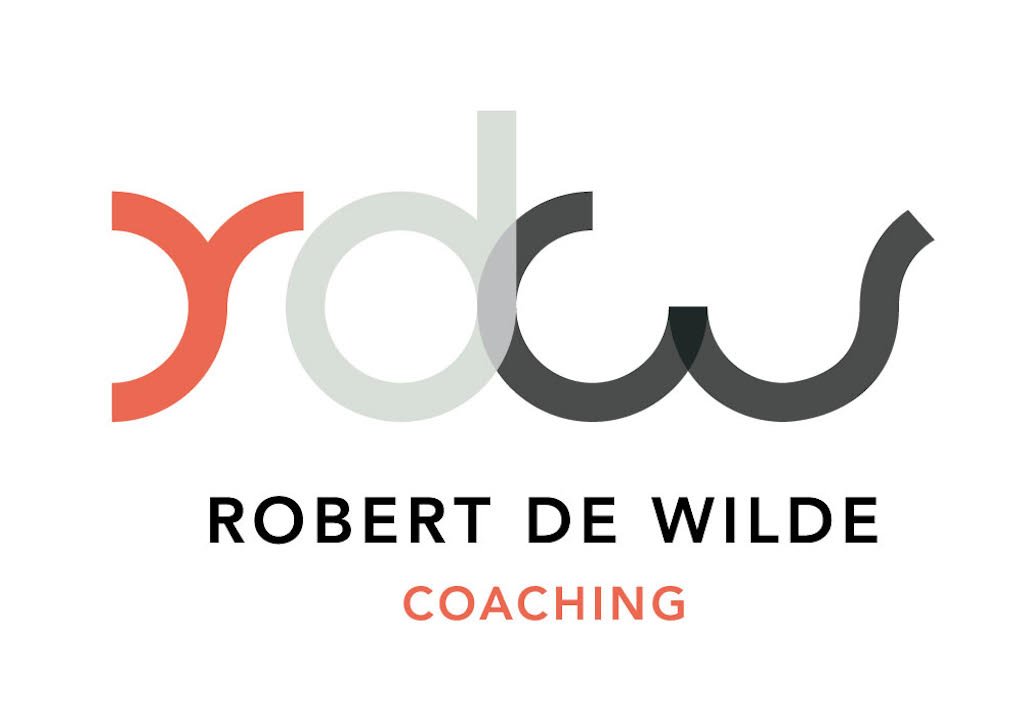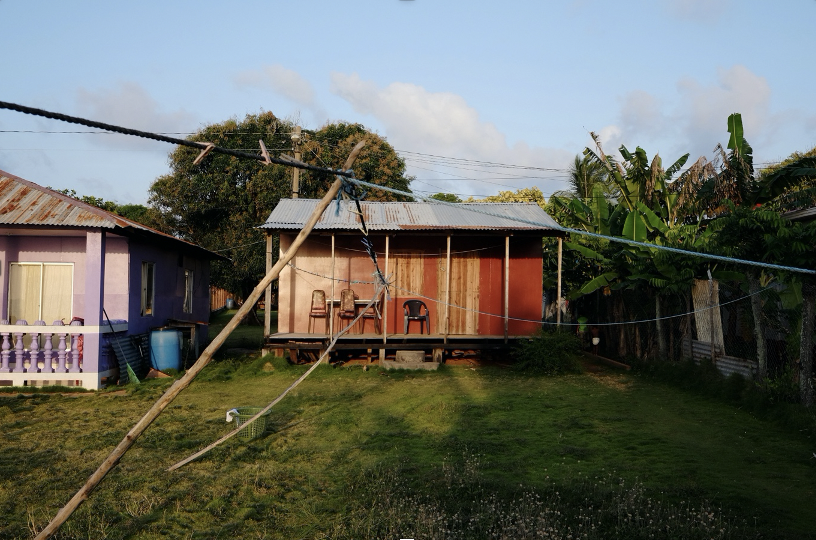business coach on a tropical island
Business coaching lessons on a Tropical Island
Sometimes a stay on an small island gives you the best career coaching or business coaching you can buy.
I didn’t consider my time five years ago on Little Corn Island (part of Nicaragua) a vacation. I wanted to live like a travel-writer. And I did, for three weeks I retreated to a wooden bungalow. With the sounds of the sea in the morning I read and wrote, mainly. In the afternoon I relaxed (and I tried to learn kite-surfing with very little success.)
I promised myself to work. But I must confess it felt like a vacation of a month.
After some time on this little island, a small heaven of palm trees, sand, and papayas, I weaved in with this mix of travelers and cool residents, crazy millionaires and digital nomads.
And slowly, after adapting to my new environment I started to pick-up things about my temporary home. And about people I met.
Perhaps you could call it, some new life coaching lessons. Here are the lessons my island taught me:
#1 It’s about making things
When you travel, and settle down a few weeks somewhere, you meet new people. And part of small talk, that same old question: what is it that you do?
I noticed a pattern. People that produce stuff were happy. Or happier.
Whenever I heard, ‘I am a carpenter’, ‘I make prosecco’ (… oh yes in the evening I make pizza!), ‘I am in construction’, I looked in the eyes of happy people. I saw it in the slow way of eating, in the relaxed look when something unexpected happened: food that didn’t come on time, the wind that did not pick up for the surfing, the water too rough to swim.
Proud expressions; they produce something (e.g. wine, houses, or furniture).
I spoke at least five people that were either building, or finished building their own house, in places like Montana, Nova Scotia, or Mexico. One person said when asked about his self-built tree-house: “It’s so amazing, I get goosebumps when I talk about it”.
Could it be that making your own home is the ultimate step in making yourself happy?
In The Netherlands, in my world at least, people that live in their heads (like lawyers, as myself), have more mental stress to get rid off (?), seemed more detached from the world, or distant in their own awkward way.
‘Whatever stress there is — if we are in nature we heal more easily, are more grounded more connected to our family and to our true self’.
#2 - Improvisation
The island’s limited resources created a need for flexibility and improvisation. There were no cars, very little products in the shops, everything from wood to light bulbs and cables needed to imported, and everything is either faulty or expensive.
And here it started to become fun.
Signs of smart and simple ‘island engineering’ popped up. Lamp shades made of plastic buckets, a bird cage that was used to open and close the toilet door. Showers made from big buckets and I didn’t mind it one bit: I loved the creative design. The makers showed flexibility, like a palm tree moving by the pounding Caribbean wind.
I appreciated these signs of wise fabrication that do not have to be perfect. And I thought about the old quote paraphrased by me, ‘good is the enemy of perfect’.
It was more than enough, better even. I wanted to live in a world of improvised engineering.
#3 - Nature
I was surrounded by little children, birds, chickens and dogs. And the people that lived in nature seemed to be connected. The life of locals was slow-paced but they worked very long hours.
There was no tiresome commute.
In a way, it was working from home (as we were later forced during the pandemic). To be so close to the children, their dogs, the absence of cars on the island, it all seemed to bother them less, make them laugh and seemed healthy. Whatever stress there is — if we are in nature we heal more easily, are more grounded more connected to our family and to our true self.
#4 - Tragedy as part of life
It’s not always ‘La dolce vita’. On the surface yes, but not in our soul. The beauty of life on the island, embodied by the turquoise sea, the warm wind and the birds, the papaya and lobster — were balanced by some low moments.
During my stay a young tourist died unexpectedly, after having spent his last moment in an open shack with the sound of the sea. I saw him arriving the night before. What he suffered from, I’ll never know. But I remember that he looked stressed, pale.
As I made friends we opened up: bad family relationships, love that went wrong, family members who deceased after illness, more stories about stress and suffocating working conditions without human respect. Each a different reality story.
And sharing with others made it easier to realize that suffering is part of life.
And that trust in the others allowed us to share our stories. We value our own life through it, and the new connections that we made on a different level.
It seems that the intimate environment on the island made it easier to share my personal story, more than at home. It is true what Brene Brown says:
‘What makes you vulnerable makes you beautiful’.
#5 - Technology
It’s here to stay. My technology pack weighted 5 kg. Noise counseling headphones, batteries, adapters, various cords, camera’s lenses, Macbook Air, Hard drive, Thumb drive etc.
There was a daily commute to local cafes. For a daily shot of wifi and WhatsApp.
And if we finally reached contact with the Western world …. it was the start of a semi-hard hit of nuisance.
Tourists and residents sat around me, in the only café with wifi.
I heard people talk about unexpected car insurance cancellations, money theft from bank accounts, commercial dealings, contract deadlines, colleagues that would not cooperate doing this or the other.
The remnants of these calls of messages lingered on our minds for hours.
Until ‘happy hour’ gave relief from home worries, with a cold beer in the hand – and a friend to talk to.
Medicine against suffering: a tropical island
Once again I realize how happy the isolation of a tropical island makes me. The color of the sea, the wind always rocking, the Caribbean English of the locals, Spanish of the Nicaraguans from the mainland.
Sounds of falling coconuts on the roof at night, and the handwritten signs on the shops, all crooked and colorful with rum punch offered as medicine against everything we suffer from.
Robert de Wilde is a career coach and business coach, working with corporate talent and entrepreneurs, in Amsterdam with 10+ years experience.



